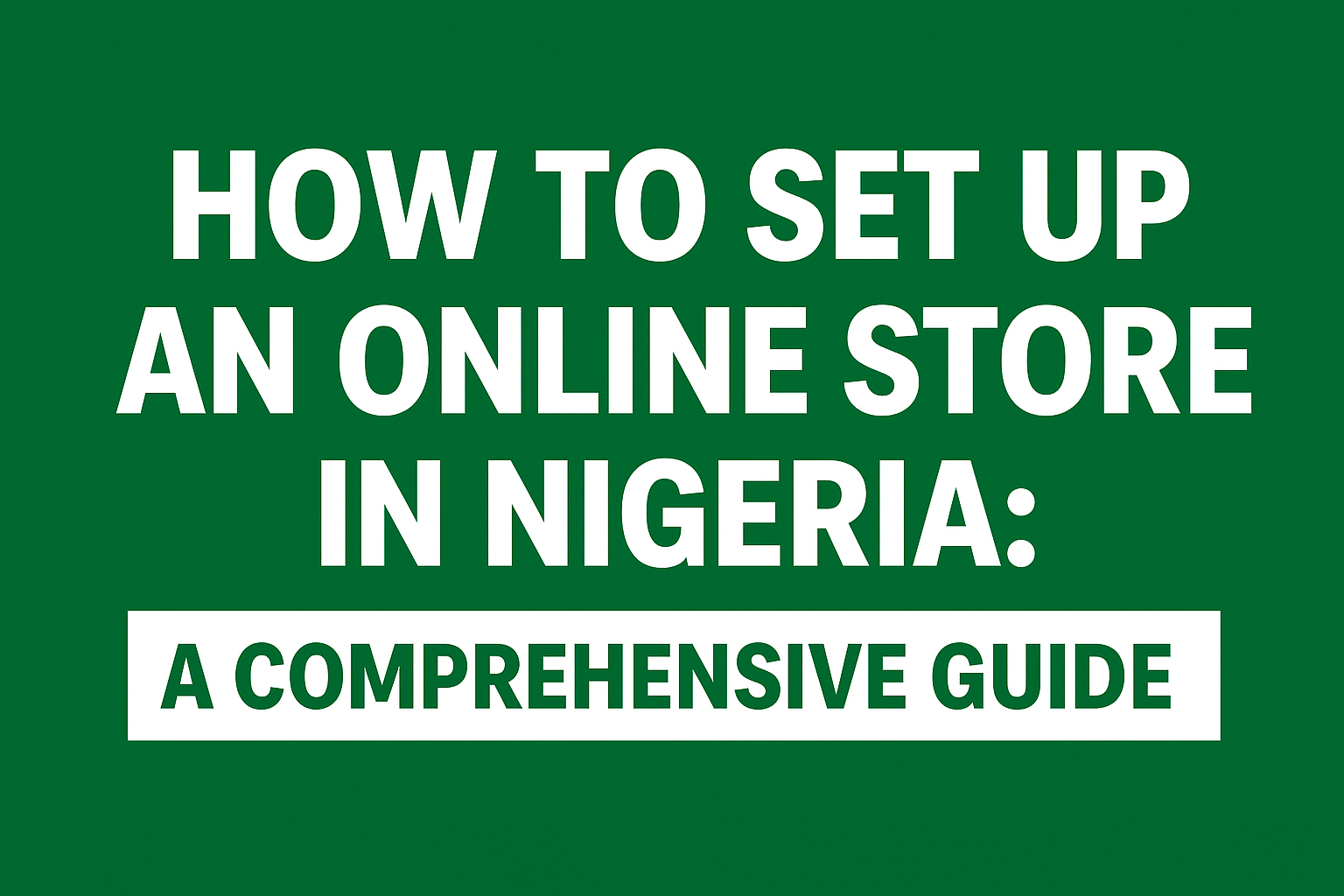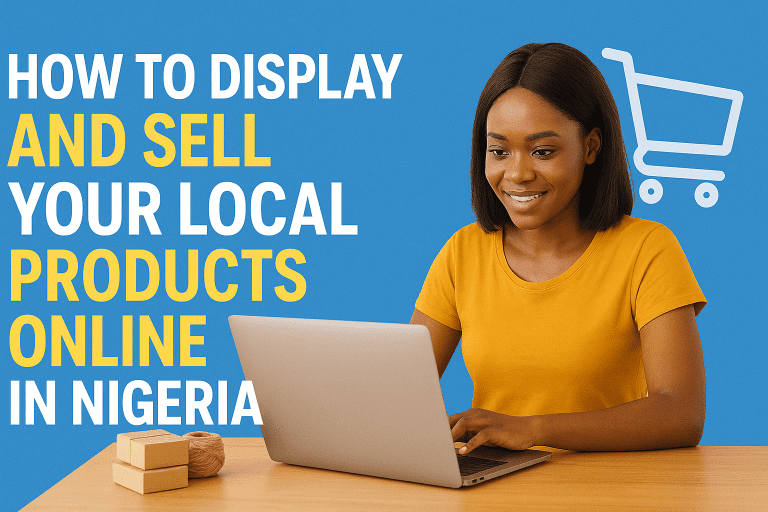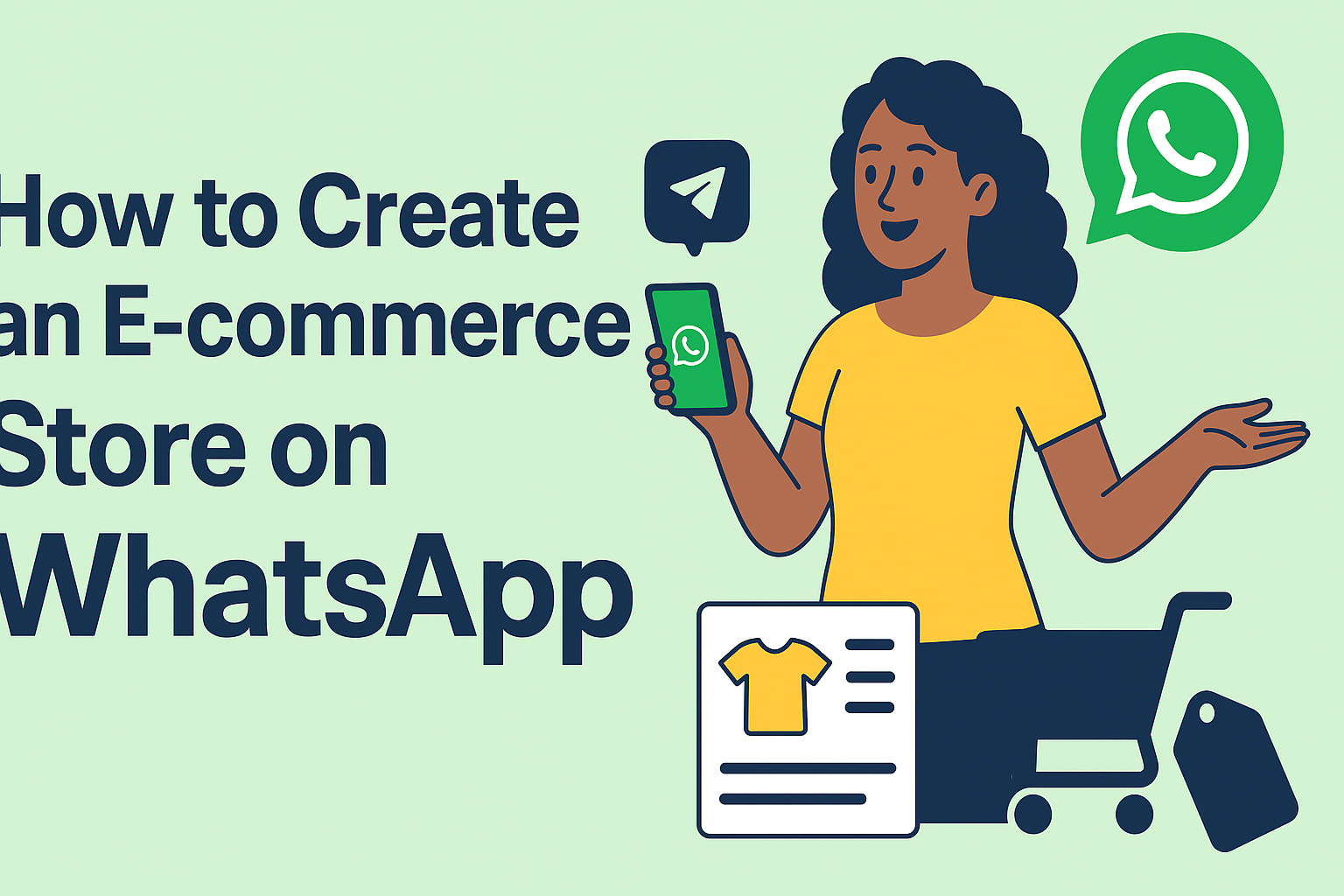The e-commerce industry in Nigeria is growing at an unprecedented pace. With increasing internet penetration, mobile adoption, and digital payment solutions, more Nigerians are embracing online shopping. For entrepreneurs, this presents a golden opportunity to build thriving online businesses.
But success doesn’t happen overnight—setting up an online store in Nigeria requires strategic planning, the right tools, and effective marketing. This guide walks you through everything you need to know, from identifying your niche to choosing the right platform, payment, logistics, and marketing strategies.
1. Understanding the Market and Identifying Your Niche
Every successful online store begins with a clear understanding of the Nigerian market.
- Study consumer behaviour: Nigerians are increasingly shopping via mobile, influenced by affordability, convenience, and social media trends.
- Leverage cultural insights: Preferences often differ based on location, age, and income group. For instance, fashion and beauty thrive in urban centres, while household essentials perform well in broader demographics.
- Spot underserved markets: Explore niches where demand exceeds supply. Examples include organic skincare, local crafts, digital gadgets, and kids’ products.
- Use data-driven tools: Platforms like Google Trends, social media insights, and competitor analysis help you understand consumer interests before launching.
Pro Tip: Avoid oversaturated niches. Instead, tailor your offerings to local needs to build a stronger brand identity.
2. Choosing the Right E-Commerce Platform
Your e-commerce platform determines how customers interact with your store. The best platforms for Nigeria in 2025 include:
???? Shopify
- Pros: Easy setup, modern templates, integration with Paystack and Flutterwave.
- Best for: Entrepreneurs who want a fast, professional store without much technical hassle.
???? WooCommerce (WordPress plugin)
- Pros: Highly customizable, SEO-friendly, cost-effective.
- Cons: Requires some technical knowledge.
- Best for: Business owners who want full control over design and scalability.
???? Local Platforms (e.g., Jumia, Konga, Flutterwave Store)
- Pros: Built-in traffic, local trust, and logistics support.
- Cons: Limited customisation and reliance on third-party policies.
- Best for: Small businesses starting and testing the market quickly.
Pro Tip: Choose a platform that balances ease of use, customisation, and payment/logistics integrations.
3. Setting Up Payments and Logistics
✅ Payments
Seamless transactions build customer trust. Popular Nigerian-friendly gateways include:
- Paystack – User-friendly, wide adoption.
- Flutterwave – Accepts cards, bank transfers, and mobile money.
- Interswitch – Trusted across Nigeria for card payments.
When choosing, consider:
- Transaction fees
- Ease of integration
- Supported currencies and banks
✅ Logistics
Delivery speed and reliability make or break online stores. Top logistics partners in Nigeria:
- GIG Logistics – Nationwide coverage with tracking.
- DHL – Great for international shipping.
- Jumia Logistics – Ideal if selling via Jumia.
Pro Tip: Offer multiple delivery options—standard, express, or pickup stations—for better customer satisfaction.
4. Marketing Your Online Store Effectively
No matter how great your store is, it won’t succeed without visibility. Here’s how to drive traffic and sales:
???? Social Media Marketing
- Use Facebook & Instagram Ads to target specific demographics.
- Leverage TikTok trends to reach younger audiences.
- Showcase products with engaging content (videos, reels, testimonials).
???? Search Engine Optimisation (SEO)
- Optimise product descriptions with keywords like “buy shoes online in Nigeria” or “affordable smartphones Lagos.”
- Invest in blog content (guides, product reviews, buying tips).
- Focus on local SEO (Google Business Profile, location-specific keywords).
???? Influencer Marketing
- Partner with micro-influencers who resonate with your niche.
- Use them as brand ambassadors to build credibility.
???? Email Marketing
- Build a subscriber list with discount offers.
- Send product updates, promotions, and newsletters.
- Personalise emails for better engagement and conversions.
Pro Tip: Combine social media ads with organic SEO for both short-term sales and long-term growth.
5. Key Challenges and How to Overcome Them
- Trust issues → Offer cash-on-delivery or secure gateways.
- Poor logistics in remote areas → Partner with multiple courier services.
- High competition → Differentiate with branding, customer service, and niche targeting.
Final Thoughts
Launching an online store in Nigeria is an exciting opportunity in 2025, but it requires more than just uploading products. To succeed, you must:
- Understand your market and niche
- Choose the right platform
- Integrate secure payment and reliable logistics
- Market aggressively using SEO, social media, and influencers
By combining these strategies, you’ll not only build a profitable online store but also create a sustainable brand that resonates with Nigerian customers.





